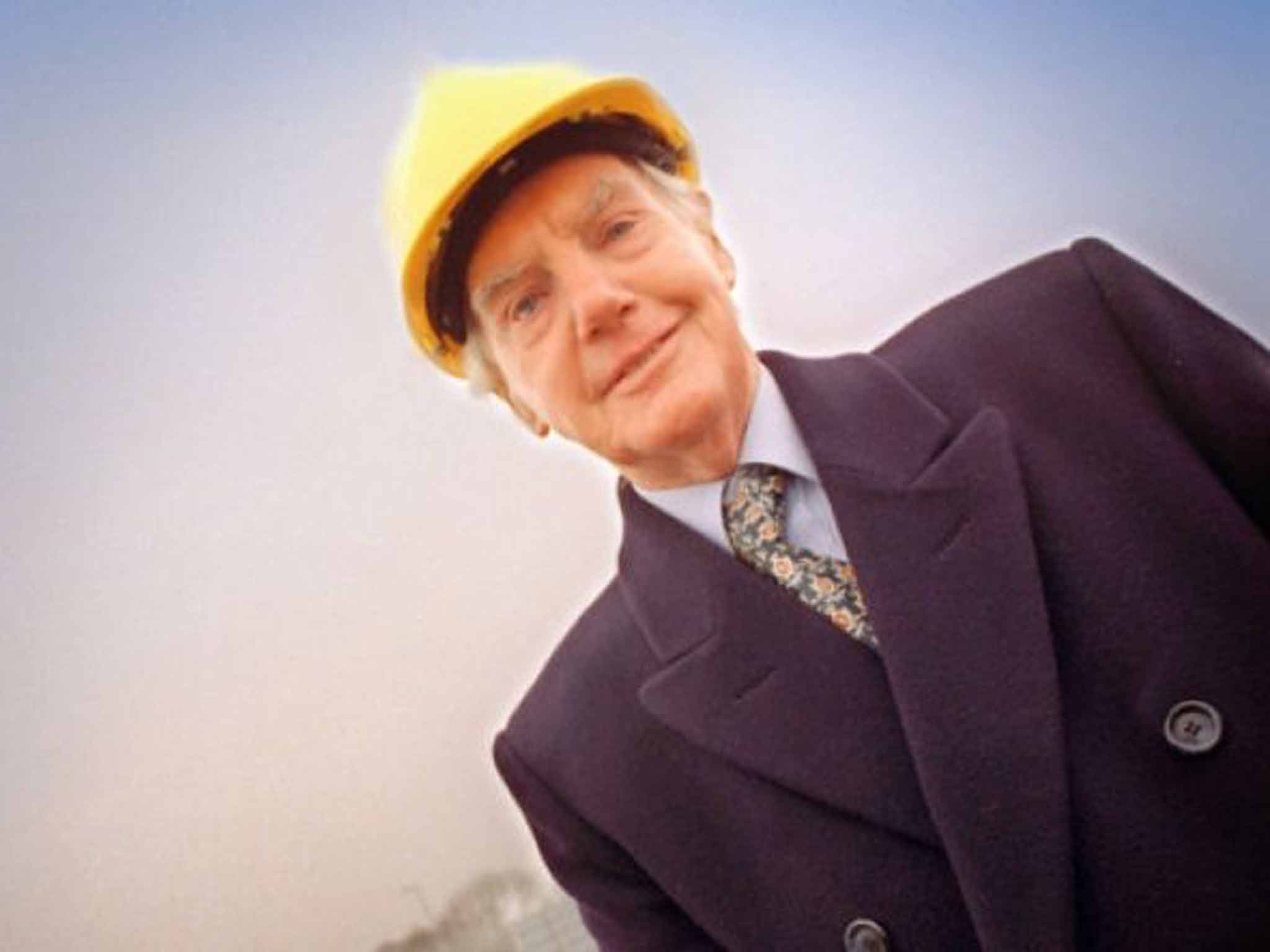Harry Yeadon: Civil engineer who played a key role in the development of the Preston By-pass, Britain's first motorway
He realised that an improved road network was fundamental to the area's economic regeneration.

Your support helps us to tell the story
From reproductive rights to climate change to Big Tech, The Independent is on the ground when the story is developing. Whether it's investigating the financials of Elon Musk's pro-Trump PAC or producing our latest documentary, 'The A Word', which shines a light on the American women fighting for reproductive rights, we know how important it is to parse out the facts from the messaging.
At such a critical moment in US history, we need reporters on the ground. Your donation allows us to keep sending journalists to speak to both sides of the story.
The Independent is trusted by Americans across the entire political spectrum. And unlike many other quality news outlets, we choose not to lock Americans out of our reporting and analysis with paywalls. We believe quality journalism should be available to everyone, paid for by those who can afford it.
Your support makes all the difference.It was thanks to pioneering civil engineers of the calibre of Harry Yeadon that the north-west of England, cradle of the industrial revolution, also saw the beginning of a new era in road communications, when Britain's first motorway, the Preston By-pass, opened in 1958.
From then on, he did his utmost to ensure that Lancashire had more motorways than any other part of the country. Like many, he had long realised that an improved road network was fundamental to the area's economic regeneration.
The son of an electrical engineer, educated at Accrington Grammar School, Yeadon graduated from Manchester University in 1942. Commissioned in the Royal Engineers, it was while serving in Italy during the Second World War that he first encountered some of Europe's early motorways. Following the severe winter of 1947, Yeadon worked on flood alleviation measures throughout south-west of England.
Twelve months later he returned to Lancashire to become assistant to Sir James Drake, the county's legendary Surveyor and Bridgemaster, famously dubbed "the Brunel of the Motorway Age". Initially involved on minor highway improvement schemes, in 1956 Yeadon began work on what would become Britain's first motorway, the Bamber Bridge-to-Broughton section of the Preston By-Pass, later to become part of the M6. Opened by Harold Macmillan on 5 December 1958, it was a mere 8.25 miles, but this two-lane highway changed the nation's travelling habits for ever.
While considered small as a civil engineering project, it was a scheme of considerable magnitude, the topography and geology of the Ribble Valley presenting many unique challenges. The excavation of some 3m cubic yards of material was on a scale not seen since the great age of the railways. In all Yeadon built some 23 bridges along the route; perhaps his finest remains the viaduct carrying the road across the valley of the River Darwen at Higher Walton.
Following Drake's retirement in 1974, Yeadon took his place as County Surveyor and Bridgemaster. He was a key player in the construction of the Lancashire end of the M62, his input and expertise also proving pivotal in the delivery of the M55, the M58 and one of Britain's most scenic motorway routes, the M65. Among his final tasks before retiring in 1985, the building of a new link road from the end of the M55 into the centre of Blackpool, was subsequently named Yeadon Way.
Serving on the Council of The Chartered Institution of Highways and Transportation, he was a member of the Board of the Motorway Archive Trust and a former vice-president of the Institution of Civil Engineers. Together with James Drake and Dewi Evans, Yeadon contributed to what has become a seminal text, Motorways. No less authoritative was his individual 2005 volume, The Motorway Achievement: Building The Network, The North West of England.
Harry Leslie Yeadon, civil engineer and bridgemaster: born Accrington, Lancashire 28 May 1922; married 1955 Dora Sylvia Hockey (two sons); died Lytham St Annes, Lancashire 8 February 2015.
Join our commenting forum
Join thought-provoking conversations, follow other Independent readers and see their replies
Comments